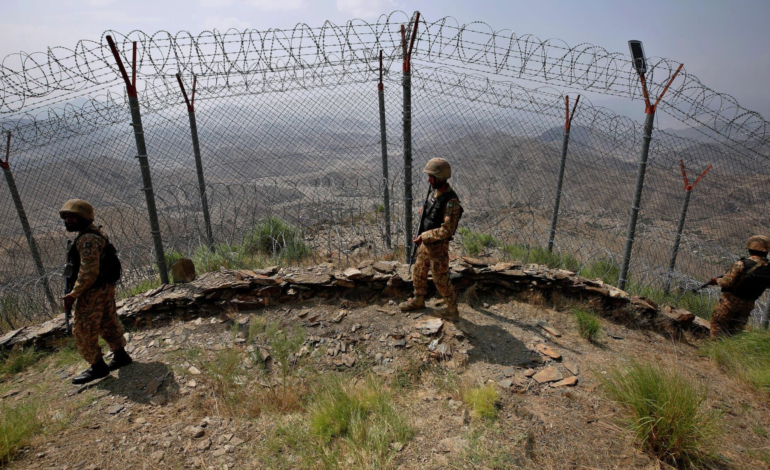
Af-Pak peace talks collapse again amid deep mistrust and conflicting security priorities
The latest round of peace talks between Afghanistan and Pakistan in Istanbul has ended in a deadlock, exposing the deep mistrust, diverging security goals, and domestic pressures that have repeatedly derailed negotiations between the two neighbors.
Mediated by Qatar and Turkey, the third round of talks was meant to build on the earlier ceasefire agreement reached in Doha in October. However, both delegations arrived in Istanbul carrying entrenched positions, mutual suspicion, and political rigidity that ultimately led to a collapse in dialogue.
Pakistan’s Defence Minister Khawaja Asif questioned the Taliban government’s “independent authority to hold talks” even before the meetings began, accusing India of influencing Kabul. On November 7, he told Pakistani media that the talks had entered “a complete deadlock,” claiming that the Afghan delegation came “without any programme” and refused to sign a written agreement.
At the center of the dispute are irreconcilable security priorities. Islamabad has demanded that the Taliban take decisive action against Tehreek-e-Taliban Pakistan (TTP) and its allied militant groups operating from Afghan soil. It also sought a verifiable, written mechanism to prevent cross-border attacks — a demand Kabul viewed as an infringement of its sovereignty.
The Taliban leadership, for its part, rejected Pakistan’s conditions, asserting that Afghanistan would not serve as a “policing agent” for Islamabad or sign open-ended commitments that could justify foreign interference. Kabul accused Pakistan of continued border shelling and incursions that have undermined the peace process.
Another major sticking point has been verification and monitoring. Islamabad insisted on third-party verification of any agreement, while the Afghan side opposed external oversight. The dispute over accountability mechanisms ensured that trust remained elusive.
The crisis has been compounded by Pakistan’s mass deportation of Afghan refugees, which Kabul says has strained its resources and worsened humanitarian challenges. Despite repeated appeals from international agencies, Pakistan has continued the expulsions, adding to bilateral friction.
Mediators from Qatar and Turkey expressed disappointment as the Istanbul talks ended without progress, even as border clashes continued at the Spin Boldak–Chaman crossing in Kandahar province. The failure once again raises questions about regional security and the future of peace in the Af-Pak corridor, where political pride, mistrust, and domestic turmoil continue to outweigh the pursuit of stability.